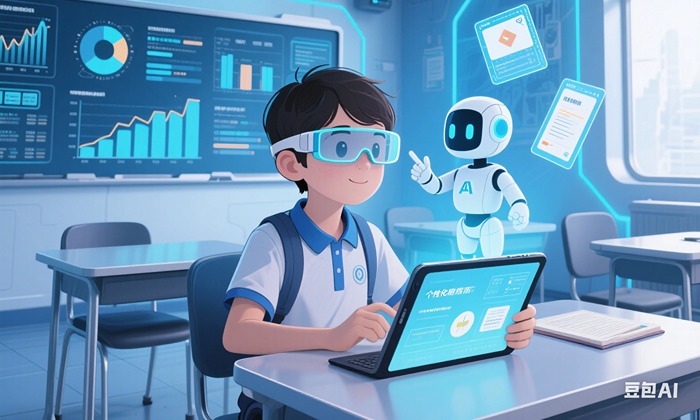AI in Education: The Future of Personalized Learning
The global education sector is undergoing a radical transformation as Advanced AI technology redefines traditional learning paradigms. From AI Education to professional development programs, intelligent systems are creating personalized, immersive learning experiences that adapt to each student's needs. This revolution extends beyond classrooms, influencing AI culture and tourism while creating new AI application scenarios that make education more engaging and effective than ever before.
The New Era of Personalized Learning
Traditional teaching methods are being replaced by sophisticated AI solutions that deliver customized education at scale. These systems employ Scenario-based AI Solutions to create adaptive learning pathways, analyzing student performance in real-time and adjusting content accordingly. When a learner struggles with complex algebra concepts, the platform doesn't simply repeat explanations—it generates alternative teaching approaches, targeted practice problems, and interactive visualizations until mastery is achieved.
In AI-based Early Childhood Education, innovative tools like educational AI toys and companion AI agents are revolutionizing early learning. These intelligent playmates engage children through natural conversations, adapting their teaching style based on the child's responses. Serving as Family Educational AI Assistants, they provide parents with detailed progress reports while facilitating guided learning activities that strengthen family bonds through education.
Redefining Cultural and Experiential Learning
The intersection of AI education and AI culture and tourism is creating groundbreaking learning opportunities at Digital tourist attractions. Museums and historical sites now deploy intelligent guide systems that analyze visitor profiles to deliver customized narratives. A companion AI agent might explain ancient Egyptian artifacts differently to archaeology students versus elementary school groups, making cultural education more accessible and engaging.
Through Digital IP Incubation, beloved fictional characters are being transformed into interactive tutors via IP agent solutions. These AI agents bring storybook personalities to life as engaging instructors who make language learning and ethical reasoning exciting adventures. This innovative approach maintains children's enthusiasm while delivering substantive educational content.
The AI-Powered Classroom Ecosystem
Modern educational institutions are adopting One-stop AI agent solutions that streamline both administration and instruction. Automated assessment tools provide immediate, detailed feedback on student work while freeing educators to focus on meaningful interactions. Sophisticated analytics help teachers identify at-risk students by detecting subtle patterns in engagement and performance.
In higher education, Advanced AI technology is transforming research methodologies. AI research assistants can process vast academic databases, identify relevant sources, and even propose novel research directions—all while teaching students critical analysis skills as they evaluate the AI's suggestions.

Navigating Challenges in AI Education
As these technologies advance, important considerations emerge regarding data security, particularly for systems handling children's sensitive information. The educational community continues to debate the appropriate balance between AI solutions and human mentorship, ensuring technology enhances rather than replaces essential teacher-student relationships.
Equitable access remains another crucial challenge. While AI education tools promise to democratize learning, realizing this potential requires addressing infrastructure disparities that could leave underserved communities behind. Successful initiatives demonstrate how strategic partnerships can make these technologies widely accessible.
The Future Landscape of AI-Enhanced Learning
The next frontier includes Scenario-based AI Solutions for professional development, allowing learners to practice high-stakes situations in risk-free simulated environments. The integration of immersive technologies will create even more compelling AI application scenarios, from virtual science laboratories to interactive historical recreations.
As we move forward, the education sector must continue developing these AI solutions responsibly—maximizing their benefits while addressing ethical considerations and access challenges. When implemented thoughtfully, Advanced AI education promises to deliver personalized, high-quality learning experiences to students worldwide, regardless of background or circumstance. The future of education isn't merely digital—it's intelligently adaptive, deeply personalized, and truly transformative.














